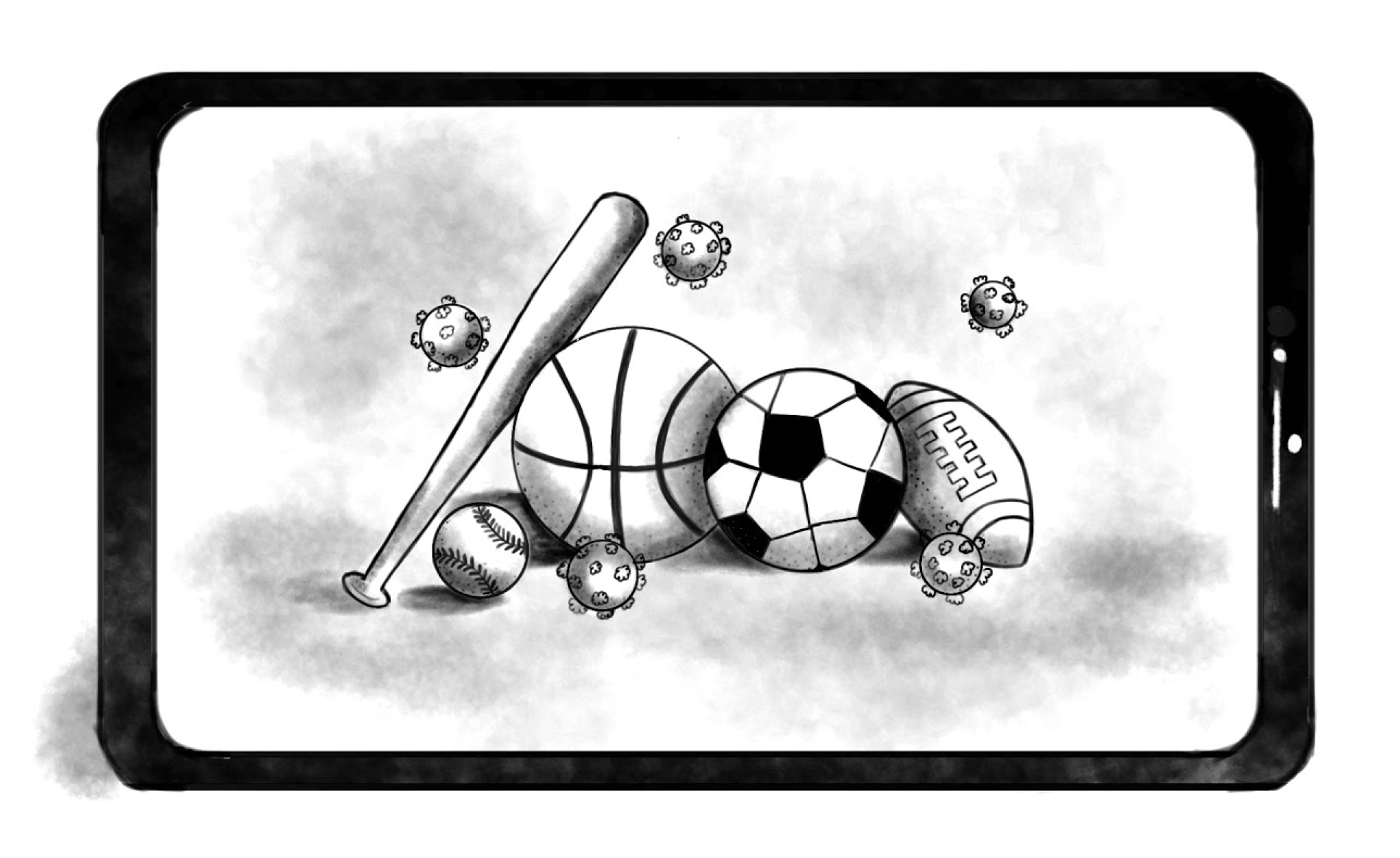When most school and extracurricular activities were canceled in March due to COVID-19, many student athletes were forced to forfeit their sports seasons. This sacrifice was felt by all athletes, but it took an extra hit on Berkeley High School (BHS) athletes who were hoping to showcase their talents to college coaches during the spring season. As the pandemic continued throughout the summer and into the fall, it has proven difficult for juniors and seniors to continue their college sports recruitment process.
College recruitment for some athletes can start as early as seventh grade; this happens if the athlete is exceptionally talented. However, for most athletes, the process begins in highschool and becomes serious at the beginning of their junior year. In a normal year, athletes would have dedicated much of their time during their junior and senior years reaching out to college coaches, compiling film from ongoing practices and games, and touring schools while meeting with college teams and coaches. The pandemic has made many of these tasks much more difficult.
Two of the most vital steps in the recruitment process are constant communication with college coaches and creating strong relationships. COVID-19 has made it much harder on athletes' ability to pursue either of these actions due to the possible exposures that occur with in-person meetings. Jake Hilton, a senior at BHS who recently committed to Pomona College for baseball, said, “I had to reach out to coaches a lot more than I would have without the coronavirus. I probably sent around five or six emails to fourteen to fifteen schools.” Charlotte Dierks, a junior on the BHS women's varsity soccer team said, “You can call and email and text and whatnot [with the coaches], but you still feel like you are limited in the ways that you can form connections.” Both Hilton and Dierks agree that athletes need to be outgoing with college coaches in order to stand out next to the other high schoolers vying for attention.
Another crucial tool that athletes use when looking to be recruited is creating videos from their games and practices to showcase their skills. The cancellation of sports seasons and the inability to meet with teammates to film videos has made compiling footage much more challenging. According to Ross Parker, a BHS Athletic Director, athletes will need to be creative to find new ways to showcase their talents and impress potential colleges. “Collecting film from previous years, doing workouts that are sport-specific, [these are things] that we know that coaches want to see from potential athletes,” says Parker. Having parents or siblings film workouts and drills are some of the most common ways athletes are acquiring film for coaches and recruiters.
Every high school athlete on a recruitment journey will experience a length of time called the “dead period.” This is a window where coaches are not allowed any form of in-person contact with highschool athletes or their parents. In a normal year, the dead period would take place in the early season of each sport, but COVID-19 has extended the schedule. “Because of COVID-19, the dead period for Division 1 (D1) schools had been extended through August 31, making it [impossible] for [coaches] to talk to you in person, or watch you in person,” says Hilton. For D1 schools, the laws surrounding the dead period are very strict, but for Division 2 and 3 schools, the rules are more lenient. Nonetheless, the extension of the dead period affects all athletes and causes many students to miss out on vital time they would have used to meet with coaches and visit schools. To make up for this, athletes must work particularly hard when reaching out to coaches online in order to be seen and recognized.
BHS athletic officials, teachers, and coaches are working diligently to assist students on their paths to recruitment throughout the pandemic. In early July, BHS’s athletic department held a webinar with a college recruiter. This meeting proved to be very useful for staff to better understand the best ways that they can support students during this difficult time. BHS athletics is hoping to hold more webinars in the future to expand their knowledge surrounding college recruitment and further benefit student athletes.
Despite these new obstacles surrounding college recruitment, BHS athletes are resilient in finding ways to persevere and strive towards their goals.





